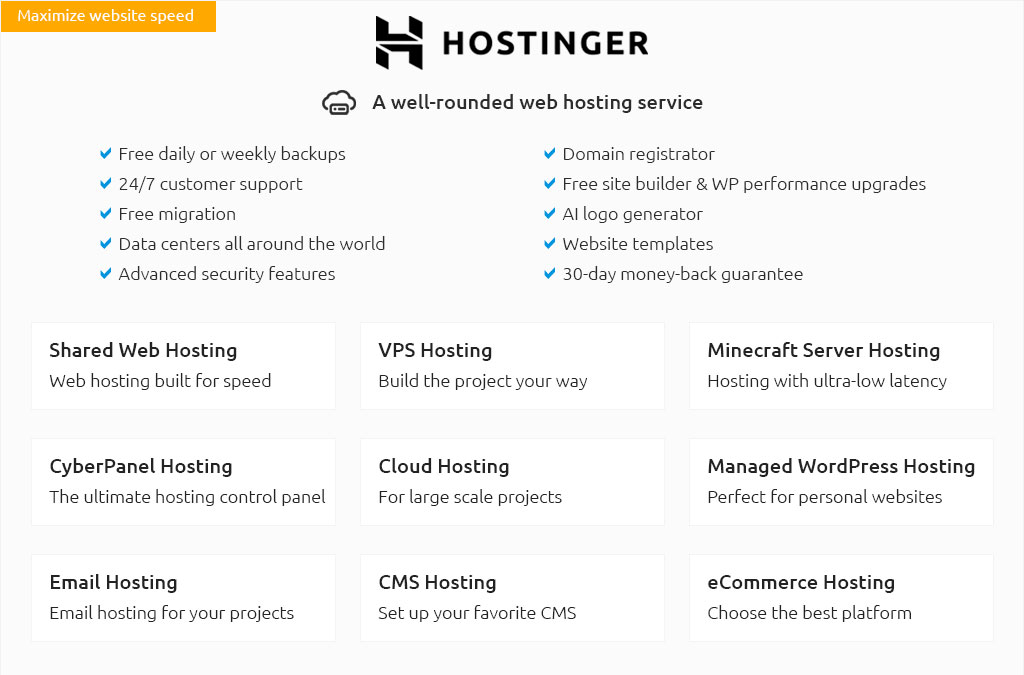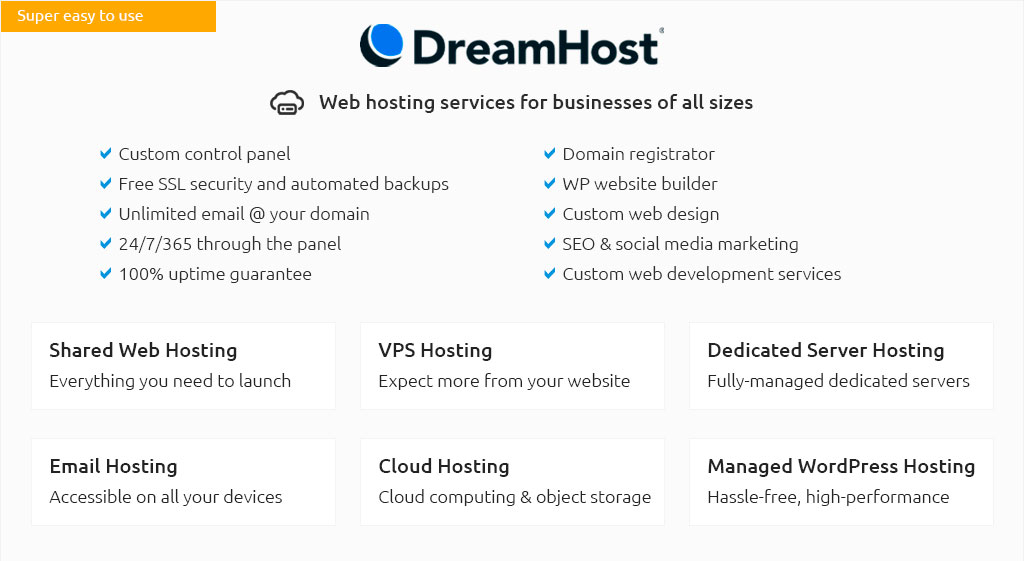 |
|||
 |
 |
 |
|
 |
|
 |
 |
 |
|||
 |
|||
 |
|||
 |
|||
 |
 |
Understanding Dedicated Unmanaged Servers: A Comprehensive GuideIn the ever-evolving landscape of web hosting, the term dedicated server unmanaged often surfaces as a topic of interest for businesses and individuals alike. This concept might appear daunting at first glance, particularly to those unfamiliar with the intricacies of server management. However, it represents a critical option for those seeking autonomy and customization beyond the limitations of managed services. Let's delve into the nuances of what it means to have an unmanaged dedicated server and explore the considerations you should keep in mind when opting for this path. First and foremost, a dedicated server, in its essence, is a physical server reserved exclusively for one client, offering unparalleled control and resource allocation. The term unmanaged refers to the absence of management services provided by the hosting company, placing the onus of server maintenance, updates, and security squarely on the user's shoulders. This type of server appeals to tech-savvy individuals or organizations possessing the requisite expertise to handle server management independently. One cannot overstate the importance of technical expertise when considering an unmanaged server. Without the safety net of a managed service provider, you will need a firm grasp of server administration, including configuring software, managing security protocols, and troubleshooting potential issues. This knowledge is crucial to harness the full potential of your dedicated server and ensure it operates smoothly. Moreover, choosing an unmanaged server can be a cost-effective solution. By shouldering the responsibility of managing the server, users often benefit from lower monthly fees compared to managed hosting services. This financial advantage can be significant for startups or small businesses operating on a tight budget, allowing them to allocate resources more strategically elsewhere in their operations. However, it is essential to weigh these savings against the potential costs associated with maintaining and securing the server. The absence of professional management means that any lapse in security or performance can lead to downtime, which might translate to revenue loss or reputational damage. It is crucial to implement robust security measures and regular maintenance routines to mitigate these risks effectively.
In conclusion, the decision to opt for an unmanaged dedicated server hinges on a delicate balance between cost, control, and capability. For those equipped with the necessary technical expertise, this option offers an enticing blend of flexibility, scalability, and financial savings. Nevertheless, it is imperative to approach this choice with a comprehensive understanding of the responsibilities involved and a strategic plan to manage potential challenges. In the end, the suitability of an unmanaged dedicated server largely depends on your specific needs, resources, and long-term objectives. As the digital landscape continues to expand, making an informed decision in your hosting strategy will undeniably contribute to your success and growth. https://netrouting.com/unmanaged-vs-managed-dedicated-servers-which-one-is-right-for-you/
The main difference between managed and unmanaged dedicated servers is that managed servers come with full support, while unmanaged servers fall into the ... https://www.liquidweb.com/blog/managed-server-vs-unmanaged-server-defined/
The server runs software which serves up data, services, programs, or web pages to other computers over a network. Dedicated servers may also refer to bare ... https://www.kattare.com/unmanaged-dedicated.kvws
Unmanaged Dedicated Servers. Don't need all the bells and whistles of a managed server? Unmanaged dedicated accounts have a low setup fee, ...
|